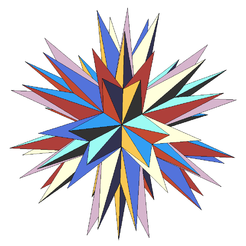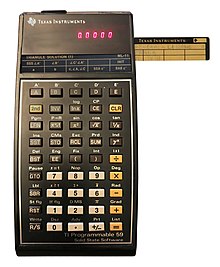17 (seventeen) is the natural number following 16 and preceding 18. It is a prime number.
29 (twenty-nine) is the natural number following 28 and preceding 30. It is a prime number.
83 (eighty-three) is the natural number following 82 and preceding 84.
71 (seventy-one) is the natural number following 70 and preceding 72.
31 (thirty-one) is the natural number following 30 and preceding 32. It is a prime number.
47 (forty-seven) is the natural number following 46 and preceding 48. It is a prime number.
53 (fifty-three) is the natural number following 52 and preceding 54. It is the 16th prime number.
57 (fifty-seven) is the natural number following 56 and preceding 58.
58 (fifty-eight) is the natural number following 57 and preceding 59.
67 (sixty-seven) is the natural number following 66 and preceding 68. It is an odd number.
113 is the natural number following 112 and preceding 114.
300 is the natural number following 299 and preceding 301.
400 is the natural number following 399 and preceding 401.
500 is the natural number following 499 and preceding 501.
700 is the natural number following 699 and preceding 701.
600 is the natural number following 599 and preceding 601.
800 is the natural number following 799 and preceding 801.
2000 is a natural number following 1999 and preceding 2001.
10,000 is the natural number following 9,999 and preceding 10,001.
3000 is the natural number following 2999 and preceding 3001. It is the smallest number requiring thirteen letters in English.

